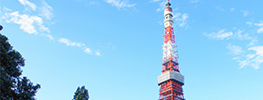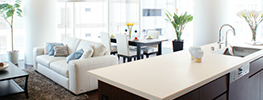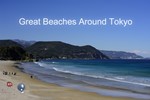Japan Health Check: What You Need to Know About This Service
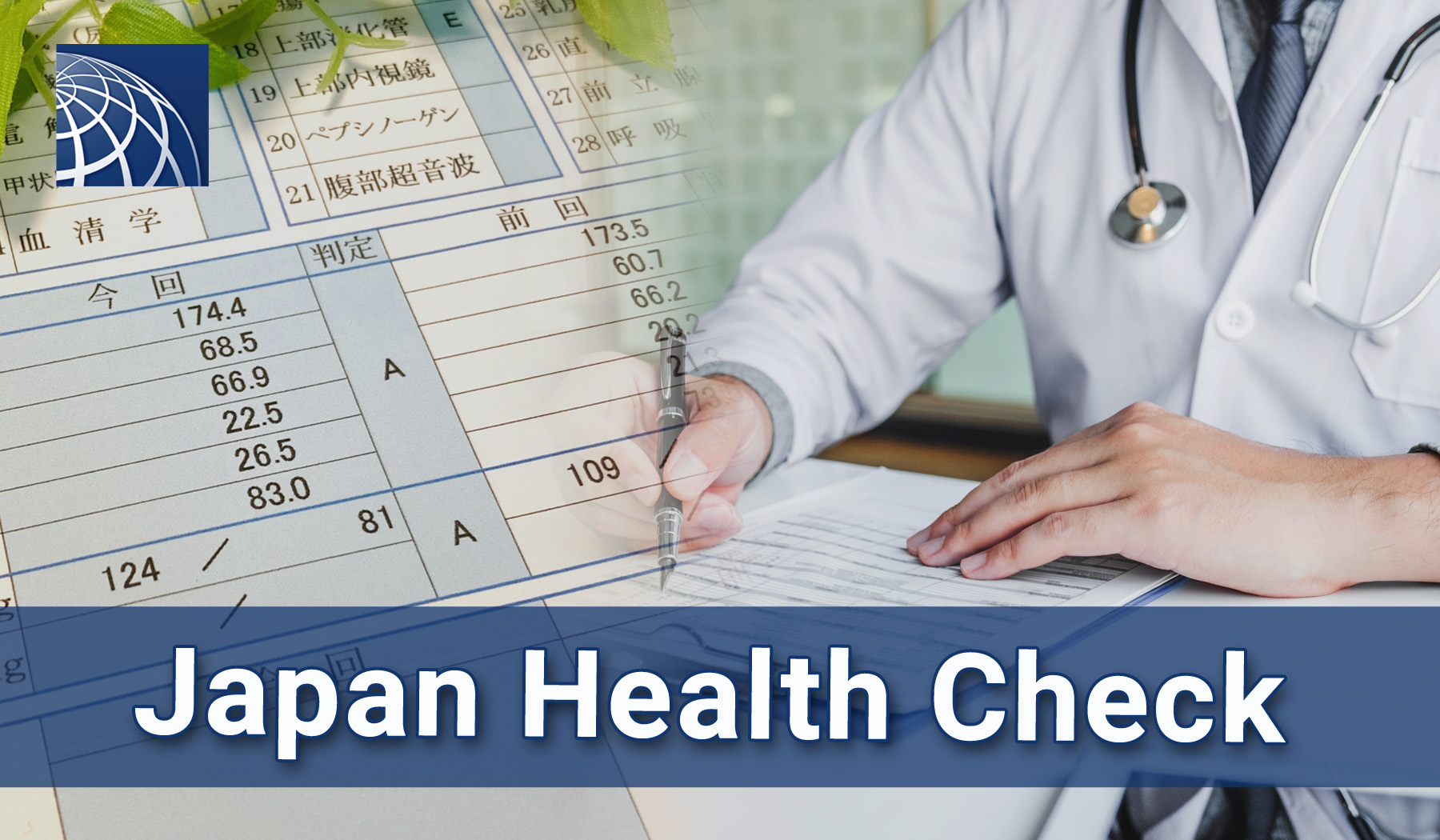
Japan’s health and welfare system is one of the finest in the world. All Japanese citizens and foreign residents living in Japan are entitled to reasonably priced healthcare with low monthly premiums, and it’s important to take advantage of this service including a health check each year. Keep reading to find out how to get your checkup and the tests that are provided.
Who Can Receive an Annual Health Check in Japan
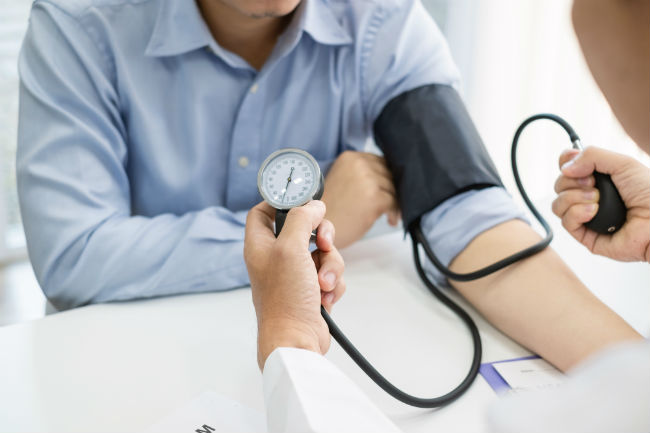
Anyone who is currently insured in Japan (which under the law should cover 99 percent of people living in Japan) is able make an appointment for annual health check. If you are employed full time and receive kenkou hoken(健康保険), your company will cover it and usually issue a reminder. Some larger companies even have the health check on a designated day, sending all employees to the same clinic or giving a half-day off to schedule the appointment.
If you’re self-employed or unemployed, you’ll need to make your own appointment through the National Health Insurance program kokumin kenkou hoken(国民健康保険). You may be entitled to a health check subsidy depending on the city you live in as well as free testing depending on your age. If you’re not sure which insurance program you fall under, or want more details, our Japanese National Health Insurance guide can help you understand your rights under this system.
As for children, they have their yearly checkup done through the public school system, though private schools may have different procedures.
What’s Included in a Yearly Health Check
The standard health check is called an Ippan Kenko Shindan or Ippan Kenshin(一般健康診断・一般健診)and includes basic height and weight measurements, as well as blood tests for anemia, lipids, and glucose, as well as liver disease. In addition, doctors often take a stool sample (especially for those with certain medical conditions) and a chest X-ray. If you seem healthy or are under a certain age, some doctors will eliminate or cancel one or more of these tests to save you time.
If the doctor finds you have certain unhealthy habits such as smoking excessively, obesity, or heavy drinking, you may be required to come an additional time for counseling, where they’ll give you plans for smoking cessation, exercise, or quitting, respectively. If you want any of this information, you can request it even without a recommendation from the doctor.
The Health Check Process
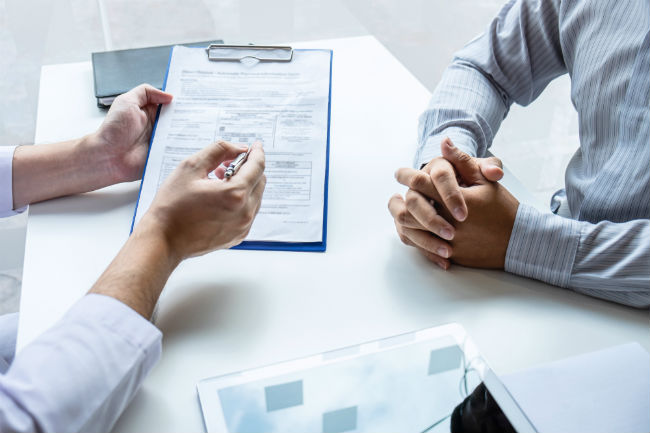
First, you may have to make a reservation with an approved medical facility depending on your company. Make sure you check with your employer about their procedure, as companies who offer health checks through their kenkou hoken may have a specific list of facilities you’re allowed to go to.
If you’re self-employed or otherwise in charge of your own insurance, you can usually get your Ippan Kenshin done wherever you like. Just call your general practitioner and request the Ippan Kenshin.
Either way, you’ll be asked if you want to receive a certain amount of optional tests. You’ll then receive a time and date for your appointment. Note that it needs to be made a few weeks in advance, since you’ll get a packet in the mail that you must fill out and bring with you. There are many questions that can be difficult to understand without an above-average Japanese ability, so try to request an English packet if you can — your medical practitioner can generally provide one to you.
In addition, you will need to provide both a urine and a fecal sample. The fecal sample is far more complicated than most Western-style samples, so be sure to read the instructions carefully. The urine sample must be taken the morning of your exam immediately after waking up.
You cannot consume any food after 9:00 p.m. (commonly, sometimes it's 10 p.m.) the night before, nor water after 10:00 p.m. that night. This is essential, as failing to follow these rules will render your tests unusable. You also must refrain from smoking cigarettes the morning of your exam and you’re are not permitted to drink alcohol from the day before your exam.
The More Comprehensive Ningen Dock Health Check
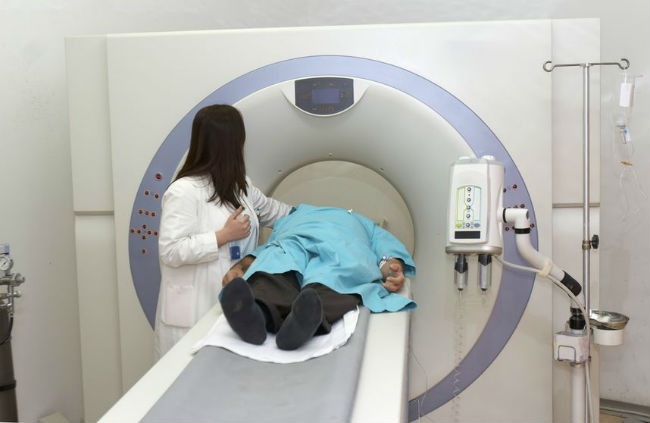
If you feel that the Japanese yearly health check doesn’t provide enough testing, you can do a comprehensive, full-day process called Ningen Dock(人間ドック). Ningen Dock is not covered by the national health insurance but may be excellent for new residents to Japan, especially because most Ningen Docks are done by English-speaking doctors. The following hospitals in Tokyo offer Ningen Dock services in English.
・St. Luke’s International Hospital in Tsukiji
・Tokyo Midtown Clinic in Roppongi
・Japanese Red Cross Medical Center in Shibuya
・Tokyo Medical and Surgical Clinic in Shibakoen
See Also: Tokyo Hospitals with English-speaking Doctors
Many of the rules of your Ippan Kenshin are the same for Ningen Dock, especially those involving ingesting substances or food. The Ningen Dock is just a more comprehensive and expensive version of the Ippan Kenshin, and it can run up to a few thousand U.S. dollars, depending on what tests are run.
Stay Healthy in Japan with a Yearly Health Check
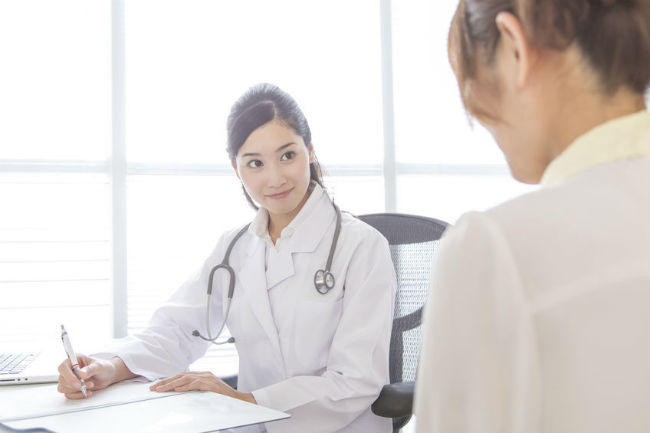
Whether you choose the Ippan Kenshin or the more thorough but expensive Ningen Dock, what’s important is that you make the effort to go each year. These yearly health checks have been shown to significantly reduce fatality rates of cancers, liver disease, and heart conditions that are far more survivable if found early. In addition, yearly checks can track small differences year to year to help forecast possible health complications and stop them before they begin.
No matter how you do it, it’s important to take care of your health. The Japanese medical system is an excellent service, and generally you don’t need to wait too long to see doctors or have tests performed. If you need more information about medical services in Tokyo, we offer many comprehensive guides covering a variety of topics from childcare to pharmacies and mental health care.

- Rental Apartments & Houses in Tokyo
- Listings of popular and luxurious rental apartments, condominiums, and houses designed with expats in mind.

- Apartments & Houses for Sale in Tokyo
- Listings of apartments, condominiums, and houses available for purchase in Tokyo.







